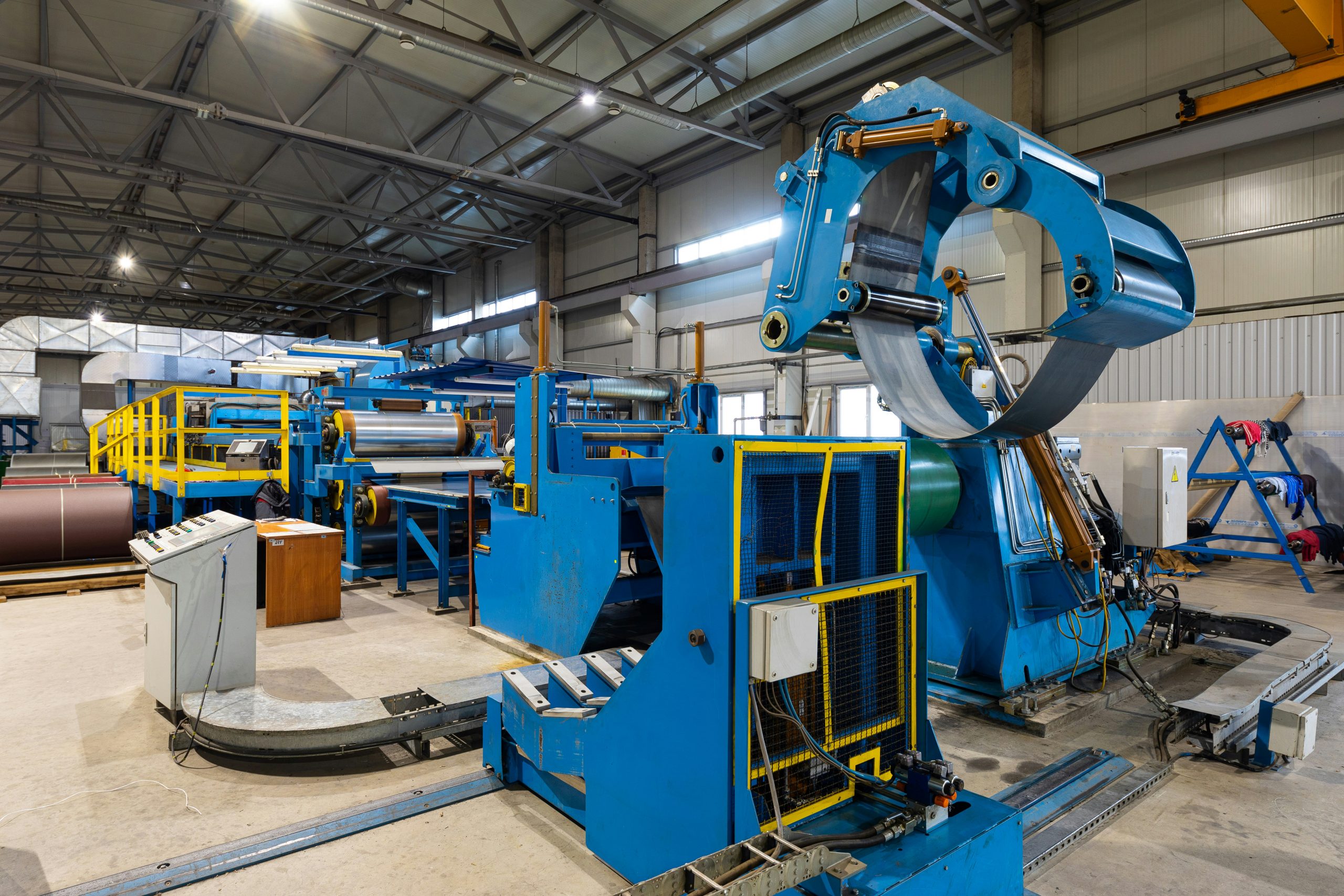
Mechanical engineering principles form the backbone of modern manufacturing processes. From designing individual components to operating complex production systems, mechanical engineers are crucial in optimizing efficiency, safety, and quality in manufacturing environments. Their work influences various industries, from automotive and aerospace to consumer goods and industrial machinery. By applying foundational principles in mechanics, thermodynamics, materials science, and systems engineering, mechanical engineers help manufacturers deliver products that meet performance standards while minimizing costs and resource consumption.
Optimizing Product Design and Functionality
One of the most vital aspects of mechanical engineering in manufacturing is the product design phase. Mechanical engineers apply fundamental principles of statics, dynamics, and material science to ensure that products are designed to withstand the stresses they will face during use. By understanding forces such as tension, compression, and torsion, engineers can determine the appropriate materials, shapes, and sizes for each component, significantly impacting the product’s durability and performance.
For example, in the automotive industry, engineers apply mechanical principles to design car engines, transmissions, and chassis that can withstand high-stress conditions, ensuring longevity and reliability. In consumer electronics, mechanical engineers design casings and internal components that protect delicate systems from external forces, such as impacts or vibrations. In both cases, applying mechanical engineering principles leads to functional, safe, cost-effective, and environmentally sustainable products.
Enhancing Manufacturing Efficiency and Productivity
In addition to product design, mechanical engineers also play a vital role in optimizing manufacturing processes. Manufacturing involves complex operations, including casting, machining, welding, assembly, and finishing. Mechanical engineering principles are applied to improve the efficiency of each stage in the production cycle. For example, principles of thermodynamics are used to design efficient heating and cooling systems for foundries and forges. At the same time, knowledge of material properties ensures that the proper manufacturing techniques are chosen to minimize waste and maximize throughput.
Automation and robotics are other vital areas where mechanical engineering principles are crucial. By applying knowledge of control systems, kinematics, and robotics, engineers can design automated systems that reduce the need for human intervention, increase production speed, and improve accuracy. Implementing advanced robotics systems in factories has revolutionized many industries, reducing labor costs and the risk of human error while improving the consistency and quality of products.
Advancing Quality Control and Reliability
Quality control is another area where mechanical engineering principles play a significant role. Engineers use principles from material science and stress analysis to develop testing protocols that assess products’ strength, durability, and functionality. This testing ensures that products meet the required specifications and standards before being shipped to customers or deployed.
Applying mechanical engineering principles in quality control can differentiate success and failure in many industries. For example, in the aerospace industry, where product failure can have catastrophic consequences, mechanical engineers conduct rigorous stress tests and simulations to ensure that aircraft parts perform under extreme conditions. Similarly, mechanical engineers apply these principles in the medical device industry to ensure that products such as pacemakers, prosthetics, and diagnostic equipment meet stringent reliability standards.
Supporting Sustainability in Manufacturing
As industries increasingly focus on sustainability, mechanical engineers are at the forefront of designing environmentally friendly manufacturing processes. By applying energy conservation principles and efficient resource management, mechanical engineers are helping manufacturers reduce their environmental impact. For example, engineers are tasked with designing energy-efficient machines and systems that minimize energy consumption while also developing methods for recycling and reusing materials.
In addition, mechanical engineers apply sustainable design practices to reduce waste during manufacturing. Techniques such as lean manufacturing, which focuses on minimizing waste and maximizing value, are rooted in mechanical engineering principles. These techniques can help manufacturers reduce costs, improve efficiency, and contribute to environmental sustainability by optimizing resource usage.
Improving Safety and Risk Management
Safety is always a top priority in manufacturing environments, and mechanical engineers are critical in ensuring that products and processes are safe for workers and consumers. By applying principles of statics and dynamics, engineers design structures, machines, and systems that are inherently safe to operate. They also conduct risk assessments to identify potential hazards in the manufacturing process and implement safeguards to minimize these risks.
For example, in heavy industries such as construction and mining, mechanical engineers design machinery and safety equipment that can handle extreme conditions while ensuring the safety of operators. In the food processing industry, engineers apply principles of hygiene and materials science to design equipment that is safe to use and easy to clean. Overall, the work of mechanical engineers contributes to reducing workplace injuries and ensuring that products are safe for consumers.
The Multifaceted Role of Mechanical Engineering in Manufacturing
Mechanical engineering principles are indispensable in modern manufacturing, contributing to the design, production, quality control, sustainability, and safety of products. By leveraging knowledge in material science, thermodynamics, automation, and systems engineering, mechanical engineers help create efficient, reliable, and high-quality products that meet the needs of industries and consumers. As manufacturing continues to evolve with advances in technology, the importance of mechanical engineering will only grow, driving innovation and improving the ways we design, create, and produce goods. Applying mechanical engineering principles effectively is a critical factor in the continued success and advancement of the manufacturing sector.